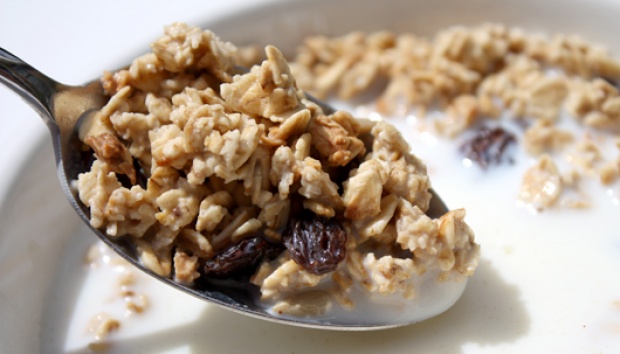Indonesia Stands Ready to Implement Tighter Food Control System
24 January 2018 21:56 WIB

TEMPO.CO, Jakarta - National food control systems are vital tools for governing the safety and quality of food intended for human consumption. The Indonesian Government is committed to monitoring and evaluating the effectiveness of the current food control system, which aims to protect the health of the people and ensuring good trade practices.
Over the past year, the government has undertaken an evaluation of the performance of the food control system in Indonesia in using the joint FAO/WHO National Food Control System Assessment Tool. The tool was developed on the basis of global standards, in particular, the Codex Principles and Guidelines for National Food Control Systems. The assessment offers specific measurements of four dimensions, which include inputs and resources of the system, the control functions of the competent authorities, stakeholders’ interactions, and finally, the knowledge base and continuous improvement of the system.
The assessment confirmed that Indonesia has all key competencies in place to control food products on its territory. “Some competencies perform particularly well. For example, involvement in international food safety and food control governance is very robust in Indonesia, and the system avails itself of highly qualified personnel“, said Catherine Bessy, Food Safety and Quality Officer of the United Nations Food and Agriculture Organization (FAO) based in Rome.
However, the performance of other competencies has been hampered by the highly fragmented nature of the system and the complexity this generates for all stakeholders, consumers, food business operators and public authorities themselves. While on an individual basis, responsible Ministries and Institutions may deliver good services, improving consistency and coherence among competent authorities is the main challenge to address.
National authorities have a good understanding of risk analysis; however, it remains difficult to get a clear picture of priority risks at the national level, as each authority works in parallel, in its own technical or geographic area, with a very limited integration of data.
A clear assessment of food safety risks at a national level would support the unambiguous definition of priorities for public action, which would improve the effectiveness and efficiency of the system. Presidential Regulation number 3/2017 and the Coordinating Ministry for Social Welfare Regulation 23/2011, both of which aim to create a broader system’s approach, need to be strengthened and propose a strong common direction. This includes integrated planning, delivery and reporting mechanisms for a truly national risk-based food control system.
The FAO and the World Health Organization (WHO) have proposed a series of recommendations to the government to allow the emergence of a nation-wide risk-based system, where cooperation between competent authorities is fostered based on concrete proposals.
“It is believed that by moving from a food control system, where competent authorities work individually, to a system where these authorities are working together with common approaches and towards the same goal, effectiveness of public action will increase, and consumers will benefit more in terms of protection of their health and economic rights“, added Bessy.
Since April 2017, nine ministries and institutions, and 50 focal points representing as many directorates, including from local government, have been involved in the FAO/WHO-facilitated food control system assessment exercise culminating in today’s strategic workshop.
“We are holding a strategic analysis workshop to ensure that each of the Ministries/Institutions identify what they need to do to contribute to a nation-wide interconnected food control system and commit to ensuring a systems approach is in place”, stated Mark Smulders, FAO Representative in Indonesia, in his closing remarks today, Jan 24.
Indonesia has been a member of the Food and Agriculture Organization of the United Nations (FAO) since 1949 and the FAO Representative in Indonesia was established in 1979. For decades, cooperations between the FAO and the Government of Indonesia have been established in the food and agriculture sectors, including animal health, fisheries and forestry. Currently, more than 650 projects and programs have been implemented by the FAO throughout Indonesia with the assistance of more than 1,600 experts and consultants, both nationally and internationally.
TEMPO























